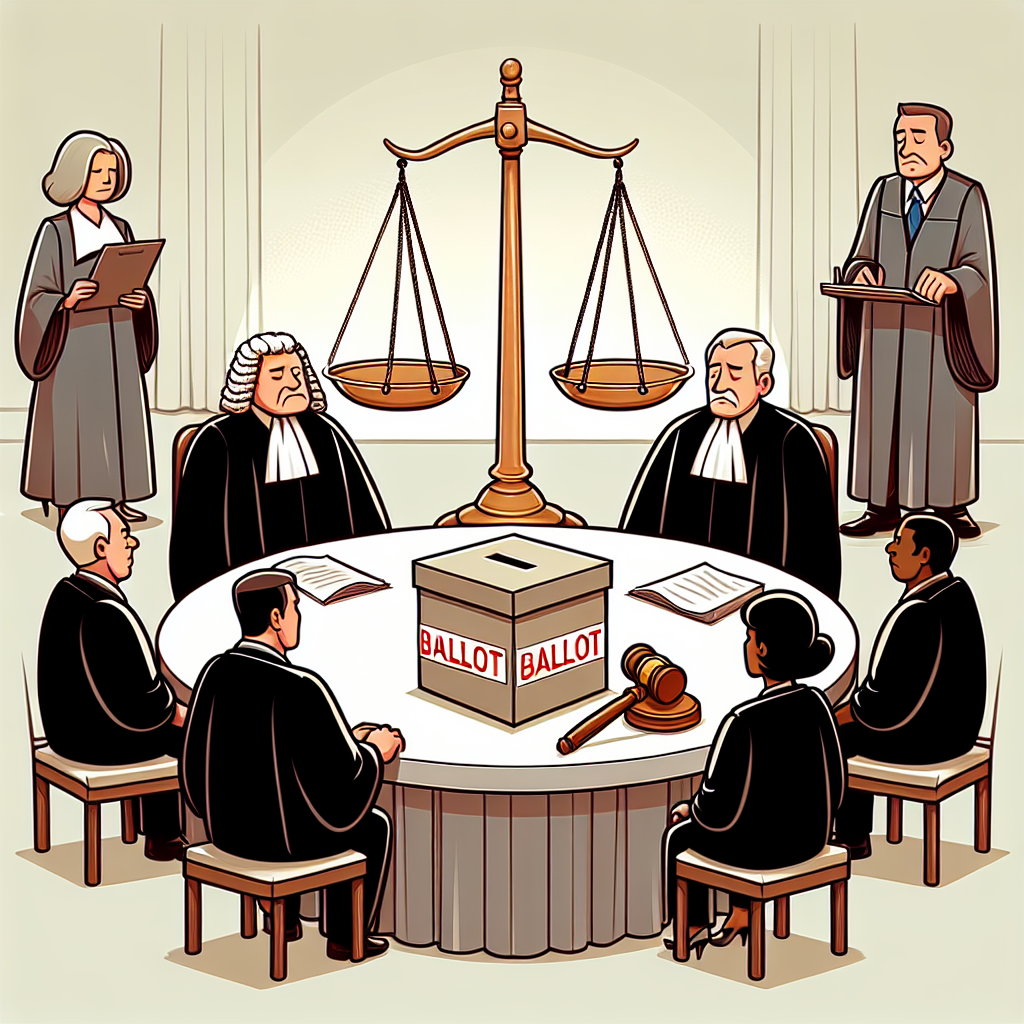Germany's Political Shake-Up: Snap Elections Amid Coalition Collapse
Germany is set to hold snap national elections on February 23, following the breakdown of Chancellor Olaf Scholz's coalition government. The key political contenders include the SPD, CDU/CSU, Greens, AfD, FDP, Linke, and BSW. Central issues involve Ukraine, economic reform, migration, energy policy, and relations with the Trump administration.

Germany faces a political upheaval as a snap national election is scheduled for February 23, following the collapse of Chancellor Olaf Scholz's coalition government. The major political parties, including the center-left Social Democrats (SPD) and the conservative CDU/CSU alliance, are vying for leadership amidst shifting public support.
Opinion polls reveal the conservatives leading with 30%, followed by the AfD at 21%. The SPD has dropped to 16% from their previous victory in 2021, while the Greens hold 12%. Key issues influencing voters include foreign policy on Ukraine, economic rejuvenation plans, energy costs, and migration.
The campaign narrative is further complicated by the current stance of the Trump administration, posing economic and defense challenges for Germany. Parties highlight varying policy approaches, with suggestions ranging from increasing military spending to energy investments, amid hopes of stabilizing the nation's political landscape.
(With inputs from agencies.)
- READ MORE ON:
- Germany
- election
- Olaf Scholz
- coalition
- SPD
- CDU
- AfD
- Greens
- political parties
- policy issues










